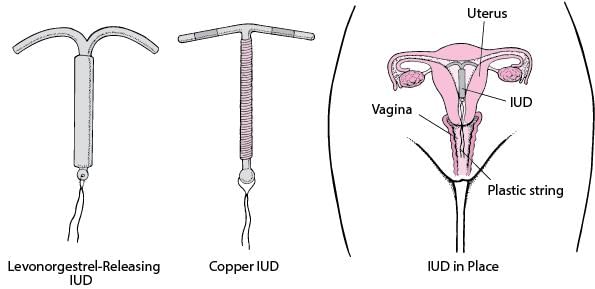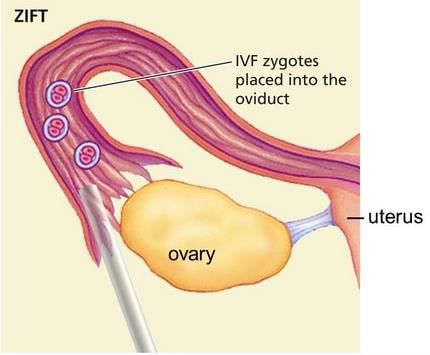Test: Reproductive Health - NEET MCQ
20 Questions MCQ Test - Test: Reproductive Health
In ET technique the embryo is transferred into _________.
Disease or infections which are transmitted through sexual intercourse are collectively called?
Lactational amenorrhea is a kind of periodic abstinence in which chances of fertilization is prevented upto a maximum period after parturition is:
Which of the following contraceptive methods is useful to control STDs as well as unwanted pregnancy?
Which period of menstrual cycle is called the risky period of conception?
What is not the correct step in preventing transmission of STD?
Identify the intra-uterine contraceptive device from the figure given below
Absence of menstruation during a period of intense lactation following parturition is called as?
Medical Termination of Pregnancy (MTP) is considered safe up to how many weeks of pregnancy?
Nowadays, there are fewer childless couples. This is due to _________.
Inability to conceive or produce children even after two years of unprotected sexual co-habitation is called?
_________ involve the transfer of embryo at the 8-celled stage in the fallopian tube of female.
















